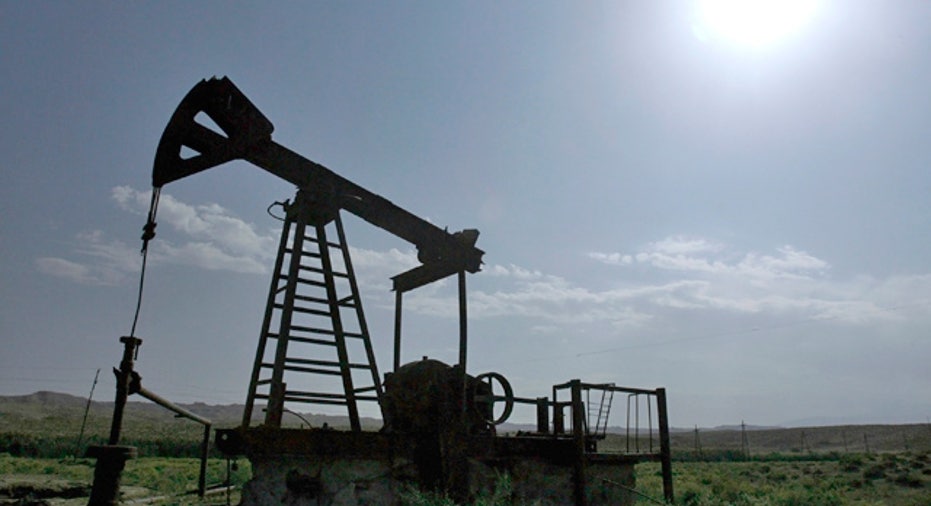Oil Rises for First Time in Eight Days on China, U.S. Stock Draw

Oil prices rose for the first time in eight sessions on Wednesday as an unexpected draw in weekly U.S. crude oil inventories and positive Chinese trade data gave investors reasons to buy crude futures.
Brent crude, the global benchmark, was up 90 cents, nearly 3 percent, at $31.76 a barrel at 1343 GMT, but remained near lows last seen nearly 12 years ago.
U.S. West Texas Intermediate crude (WTI) was up 98 cents at $31.42 a barrel, recovering from Tuesday's dip below $30.
"The API inventory data triggered a profit-taking wave, that's the main reason for this uptick," said Hans van Cleef, senior energy economist at ABN Amro in Amsterdam.
"But the overall sentiment is still negative, meaning downside risk is still greater than upside potential."
U.S. crude stocks fell unexpectedly last week, data from industry group the American Petroleum Institute showed on Tuesday.
Crude inventories fell by 3.9 million barrels in the week to 480.071 million, compared with analysts' expectations for an increase of 2.5 million barrels. Crude stocks at the Cushing, Oklahoma delivery hub fell by 302,000 barrels, the API said.
Official government data is expected to be released later on Wednesday.
China reported exports dipped just 1.4 percent in U.S. dollar terms in December, compared to forecasts of an 8 percent drop, positively surprising world markets.
The world's second-biggest oil consumer has also been taking advantage of the oil price rout to stock reserves and increase exports of refined products, and may be set to overtake the United States as the world's largest importer.
The Chinese news also boosted equities and steadied currency markets. Britain's FTSE 100 index was up 1.25 percent at 1347 GMT, while the dollar rose 0.2 percent against a basket of other currencies.
But the bearish outlook for oil remains. Analysts at Morgan Stanley warned on Wednesday that a rise in demand for crude could be lower than previously expected.
"Any slowing in the rate of demand growth could delay the timing of rebalancing and ultimately a price recovery," they said in a research note.
The potential for the calling of an emergency OPEC meeting also weakened on Wednesday when Iran's oil minister was quoted as saying he had not received any request for such a gathering.
Nigeria's oil minister said on Tuesday that a "couple" of OPEC members had asked for an emergency meeting.
Days ahead of the expected implementation of a landmark nuclear accord between Tehran and world powers, Iran briefly detained a group of U.S. sailors after they entered Iranian waters.
Iran released the sailors on Wednesday after holding them overnight, determining they had entered Iranian waters by mistake.
(Additional reporting by Christopher Johnson in London and Aaron Sheldrick in Tokyo; Editing by Dale Hudson and Katharine Houreld)



















